About us
The Modern Cooking Facility for Africa aims to provide up to 4 million Africans with access to clean cooking solutions by the end of 2027.
The Modern Cooking Facility for Africa aims to provide up to 4 million Africans with access to clean cooking solutions by the end of 2027.
The aim of the Modern Cooking Facility for Africa (MCFA) is to provide up to 4 million Africans with access to clean cooking solutions, in currently seven Sub-Saharan African countries, improving health and climate by reducing indoor air pollution, avoiding CO2 emissions and mitigating deforestation.
MCFA will do this by financially incentivising companies offering clean cooking solutions, so-called Cooking Service Providers, to engage in the business of offering affordable, high-quality and energy-efficient clean cooking services and thereby accelerating the creation of a long-term sustainable market.
The programme supports the use of cleaner and sustainable cooking fuels, such as sustainably produced bioethanol, bio-LPG, LPG (in selected countries), biogas, electric cooking solutions and solid biofuels from sustainable sources, e.g. pellets and briquettes. Read more about supported technologies.
The implemented projects will result in avoiding CO2 emissions, saving forest, decreasing consumers’ exposure to black carbon and reducing respiratory diseases especially for women and children.
This will also help to increase job opportunities in the project countries with the focus on empowering women by incentivising companies to enter, grow and scale up existing operations to all regions in the project countries.
Looking for comprised information about the MCFA programme, our activities, objectives and impact? Read more about MCFA in a summarised format and download:
MCFA contributes to the following Sustainable Development Goals (SDGs):
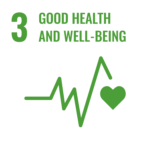
The use of firewood and charcoal (polluting solid fuels) for cooking leads to exposure to indoor air pollution, which is the main cause of various respiratory illnesses that, according to WHO cause the premature death of over 3.8 million people annually and accounts for 45% of deaths due to pneumonia in children under five years of age. By supporting the use of more efficient high-technology stoves using sustainable fuels, the MCFA programme aims to improve health especially of women and children.
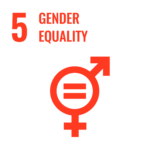
Using clean cooking solutions has significant positive impacts on the daily lives of women who spend much of their daytimes collecting firewood and preparing meals for their families. Clean cooking technologies have lower particulate matter (soot) and other emissions and reduce the exposure, particularly of women, to indoor air pollution, which is a major cause of various respiratory illnesses.
Across the African continent, households, especially the women and girls, spend up to five hours daily collecting firewood, with a regional average of 2.1 hours, preventing them from participating in economic activities, attending school and, in the worst cases, exposing them to the risk of physical violence. Furthermore, there is immeasurable annual economic loss and opportunity cost associated with time spent collecting fuel and cooking. More efficient higher tier cookstoves greatly reduce the time spent on the above activities, allowing the women and children to pursue economic activities, education, hobbies or simply rest.
The MCFA programme also supports women’s participation in clean cooking and fuel value chains, which offer new business and employment opportunities that support the economic empowerment of women.
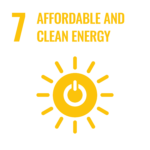
Almost 900 million people in Sub-Saharan Africa lack access to affordable, clean and modern cooking solutions. It is the only region in the world where clean cooking access has not kept pace with population growth. Between 2010 and 2018, there was an increase of approx. 18% from about 750 million to over 890 million people, according to a study conducted by the Energy Sector Management Assistance Program (ESMAP). Global efforts are needed to increase clean cooking access in the Sub-Saharan African region to support the implementation of SDG7.
MCFA aims to support the sales of up to 600,000 higher tier stoves and the distribution of up to 20,000 tonnes of renewable fuels by 2027.
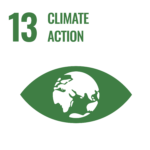
MCFA supports the transition from lower tier technologies to higher tier cookstoves using fuels produced from renewable sources, which reduces the use of wood fuel and charcoal for cooking. The clean cooking technologies supported by MCFA are tier 4-5 electric, biogas, bioethanol and solar thermal cookstoves, and tier 3+ stoves using sustainable briquettes or pellets. By supporting more efficient stoves and renewable fuels, the MCFA will contribute to the reduction of CO2 emissions and other greenhouse gas emissions.
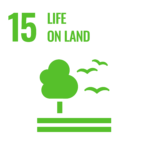
MCFA supports the climate adaptation efforts of the project countries by reducing deforestation stemming from wood fuel and charcoal use. Reducing deforestation preserves animal habitats and flora, thus promoting biodiversity, combating land degradation and preventing desertification. Forests play a significant role in promoting climate resilience against floods, droughts, landslides and other natural events and risks caused by climate change. Forests also contribute to climate change mitigation and food security, and are important habitats for many terrestrial species.
The clean cooking sector is highly fragmented and nascent, with a limited number of companies providing clean cooking solutions to consumers, making it difficult to achieve economies of scale. Clean cooking companies often struggle to access finance and rely largely on development partners, but increasingly a few companies are accessing commercial capital.
The MCFA programme will help to accelerate the shift by financially incentivising Cooking Service Providers to engage in the business of offering affordable, high-quality and energy-efficient clean cooking services and thereby accelerate the creation of a long-term sustainable market. MCFA can also help the supported companies to achieve a level of profitability and scale and support the companies to attract funding also from commercial investors.

Sweden, through the embassies in the project countries and Sida (Swedish International Development Cooperation Agency), is the first donor to MCFA, supporting the programme with SEK 325 million (~EUR 32.6 million). The aim is to develop the MCFA into a multi-donor programme with Nefco as the facility manager.
Swedish embassies in the MCFA project countries:
Democratic Republic of the Congo
Kenya
Mozambique
Tanzania
Zambia
Zimbabwe

Norway, through Norad (the Norwegian Agency for Development Cooperation), is supporting MCFA together with its partners and on behalf of Norway. Norad strives for a greener future in a world without poverty. Human rights must be respected and none left out. By way of knowledge and cooperation, we ensure that the funds of Norwegian development aid contribute to global development.
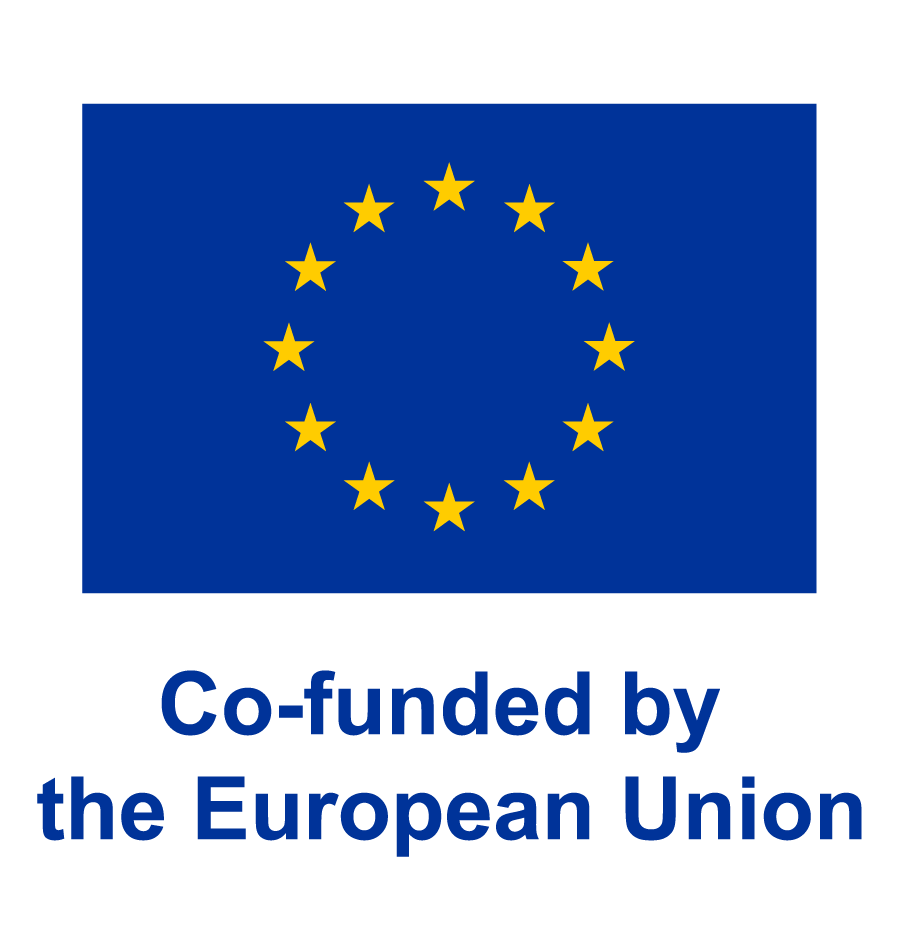
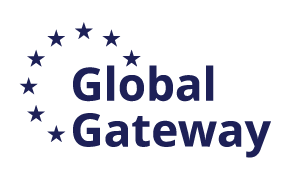
The European Union is the second donor to MCFA, providing EUR 12.5 million to support market development for clean cooking in Zambia. The EU funding is provided under the Zambian Energy Efficiency and Sustainable Transformation Programme (ZEEST), whose main objective is to unlock the potential of the private sector to contribute to the attainment of national energy efficiency and climate resilience goals.
The contribution to MCFA is part of the European Union Global Gateway initiative, a new European strategy to boost smart and clean projects that combine public and private financing. Global Gateway includes five areas: climate and energy, transport, health, digital development, and education and research to support green and digital transitions beyond Europe’s borders. The initiative is implemented through a Team Europe approach, which brings together the EU and EU member states with their financial and development institutions working together on common priorities and principles to achieve scale and have visible impacts in partner countries.

As Facility Manager, Nefco – the Nordic Green Bank – has overall responsibility for the Modern Cooking Facility for Africa, including fundraising, financial administration, procurement of projects and programme consultants, contracting and disbursements, monitoring of project results and dissemination of programme impact.
For more information, please visit: www.nefco.int
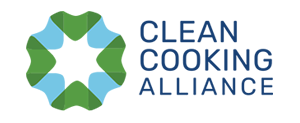
Clean Cooking Alliance (CCA) works with a global network of partners to build an inclusive industry that makes clean cooking accessible to all. Established in 2010, CCA drives consumer demand, mobilizes investment, and supports policies that allow the clean cooking sector to thrive.
Read more at: www.cleancooking.org
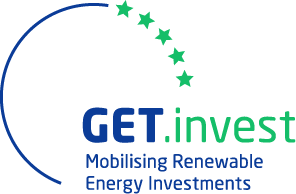
GET.invest is a European programme that supports investments in decentralised clean energy projects. It works with project and business developers, their associations, financiers and regulators towards affordable, reliable and clean energy for all. The programme is supported by the European Union, Austria, Germany, the Netherlands and Sweden and is implemented by the Deutsche Gesellschaft für Internationale Zusammenarbeit (GIZ). Since 2022, GET.invest powers the Team Europe One Stop Shop for Green Energy Investments, an access point for information about and facilitated access to European support and financing instruments for energy projects and companies in Africa.
Read more at www.get-invest.eu
Looking for comprised information about the programme, its aim and impact then have a look at this new brochure.